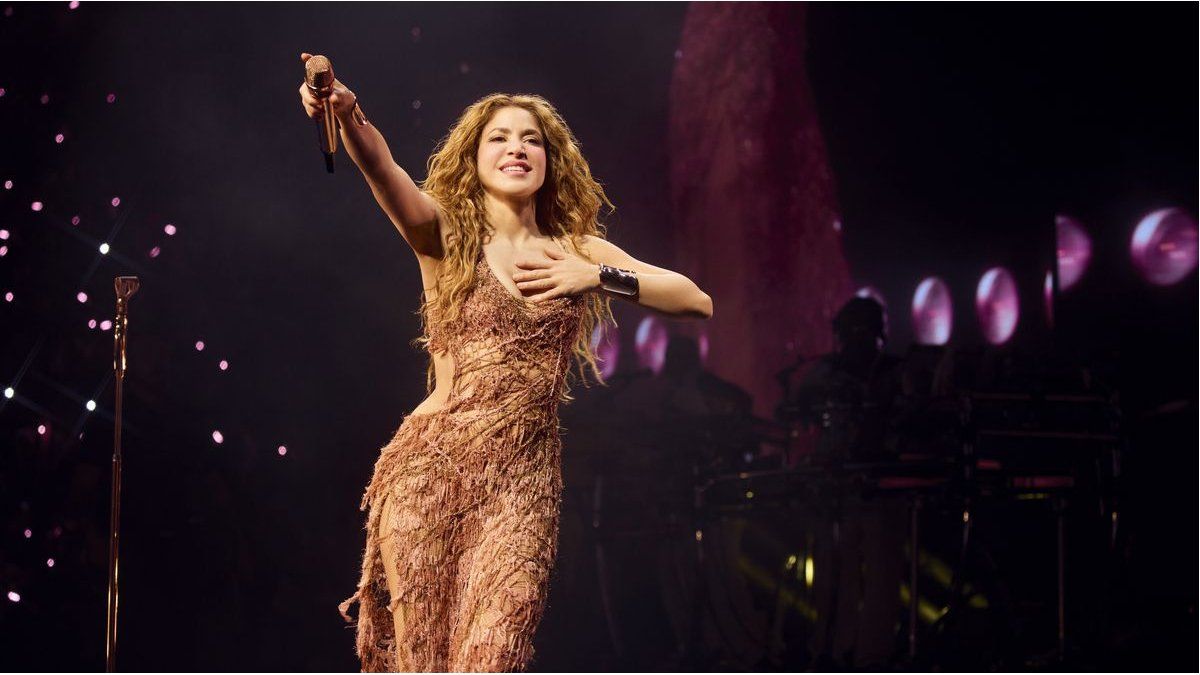Before the polling stations close for the Russian presidential election, things are getting restless again: celebrities are calling for protests, Russian authorities are taking action and Molotov cocktails are flying abroad.
Russia voted for three days. Was that necessary? Even before the first ballot papers found their way into the ballot box, it was clear: Vladimir Putin would remain the head of the Kremlin. There was protest against this from day one. Liquids in the ballot boxes were among the more harmless actions. Elsewhere, a few people set fire to their voting booths. (Here you can read more about it.)
The Russian authorities took action against the agitators. The AFP news agency reported 74 arrests on Sunday, citing an NGO.
Elections and protests in Berlin
The widow of Kremlin critic Alexei Navalny, Yulia Navalnaya, had called for a protest on the last day of the election, in which opponents of President Vladimir Putin would flock to the polling stations across Russia. Participants in the “Lunch Against Putin” protest should vote for one of the opposing candidates or invalidate the ballot paper with the words “Navalny” written on it.
In Berlin, 800 people took part in a demonstration on Wilhelmstrasse. According to the police, around 2,000 people lined up right next door in front of the Russian embassy to vote. The line was hundreds of meters long and wound through several side streets. Navalnaya and the entrepreneur and Kremlin critic Mikhail Khodorkovsky, who lives in exile in Great Britain, also joined in, as could be seen in videos on the X platform. An AFP reporter on site observed on Sunday how Navalnaya arrived at those waiting, people clapped and Navalnaya was presented with flowers.
Russians also vote and protest in Bonn
Numerous Russians also cast their votes at the Consulate General in Bonn. The police estimated the number of people waiting in a queue several hundred meters long to be around 1,000 in the early afternoon. Due to the high volume of vehicles, there are significant traffic disruptions and temporary closures on the streets around the Russian Consulate General, the police wrote on platform X ( formerly Twitter). Russian citizens can cast their votes there until 8 p.m.
Two demonstrations began as stand-up rallies near the Consulate General on Sunday afternoon. According to the police, around 150 people took part in a demonstration under the motto “Lunch against Putin”. The police counted 15 to 20 participants at a pro-Russian rally.
The Consulate General had announced increased control measures at polling stations to ensure the safety of voters and members of the electoral commission.
Kremlin opponents are calling for the results of the presidential election not to be recognized because democratic standards are not being met. Independent observers point to fraud and manipulation. Serious Russian opposition figures are either not allowed to vote, have fled abroad or are in prison camps. Putin therefore has no real opponents in the election.
Millions of people vote analogue and online
The presidential election is overshadowed by allegations of fraud and manipulation. One month after the death of Alexei Navalny and more than two years after the start of Russia’s war of aggression on Ukraine, Kremlin leader Putin wants to secure his fifth term in office. He has already been confirmed as the winner in advance and is likely to achieve a record result.
According to the election management, the turnout is now higher than in the previous vote in 2018. The value of 67.54 percent from then had been exceeded as of 11:50 a.m. CET, the Russian state news agency Tass reported on Sunday, citing the election commission last day of voting. For the first time, the election is scheduled to last three days, which should give more voters the chance to cast their votes. In addition, millions of people voted online, reportedly in part due to pressure from authorities.
According to the electoral commission in Moscow, 7.74 million used online voting by 11 a.m. CET, which corresponded to almost seven percent voter turnout. Despite Putin’s seemingly certain victory, the power apparatus is aiming for a high voter turnout in order to make the result appear legitimate.
Critics, however, complain that the online process in particular is easy to manipulate. Independent observers criticize the fact that many citizens were pushed to the polls by their state employers. Not only is this illegal, but voters’ reported request to send photos of the ballot paper to superiors is also considered a violation of election law.
The vote ends on Sunday evening with the closing of the last polling stations at 7 p.m. CET in Kaliningrad (formerly Königsberg) on the Baltic Sea. There are then direct predictions about the outcome of the election, which are based on voter surveys after voting and usually largely correspond to the result announced at the end. The first results should be available on Sunday evening, meaningful results only this Monday.
It is considered certain that Putin will secure another six-year term in office in the presidential election that began on Friday. Three insignificant candidates are running against him. All of the Kremlin leader’s major critics are either dead, imprisoned or in exile. The election ends on Sunday evening with polling stations in Kaliningrad closing at 7 p.m. CET.
Russian authorities arrest numerous demonstrators
According to civil rights activists, dozens of people were arrested during protests. In total, the Ovd-Info organization counted over 70 arrests across the country by early Sunday afternoon – almost half of them in the city of Kazan. People in Moscow and St. Petersburg were also affected. Many of them wanted to line up in long lines in front of their polling stations at exactly 12:00 noon local time in order to show their dissatisfaction with the re-election of Kremlin leader Vladimir Putin, which was planned by the power apparatus and classified as undemocratic by the opposition.
According to the civil rights activists, there were also arrests outside of the protests. An activist in St. Petersburg was picked up by security forces as she left her house. Some people were released from police custody after a while.
Hundreds of Russian citizens also lined up to vote at diplomatic missions abroad, such as in Kazakhstan and Georgia. A suspect with Moldovan and Russian citizenship was arrested in Moldova’s capital Chisinau after an attack with two incendiary devices on the Russian embassy on Sunday. According to local media, it was Molotov cocktails, so no one was injured.
Source: Stern
I have been working in the news industry for over 6 years, first as a reporter and now as an editor. I have covered politics extensively, and my work has appeared in major newspapers and online news outlets around the world. In addition to my writing, I also contribute regularly to 24 Hours World.




